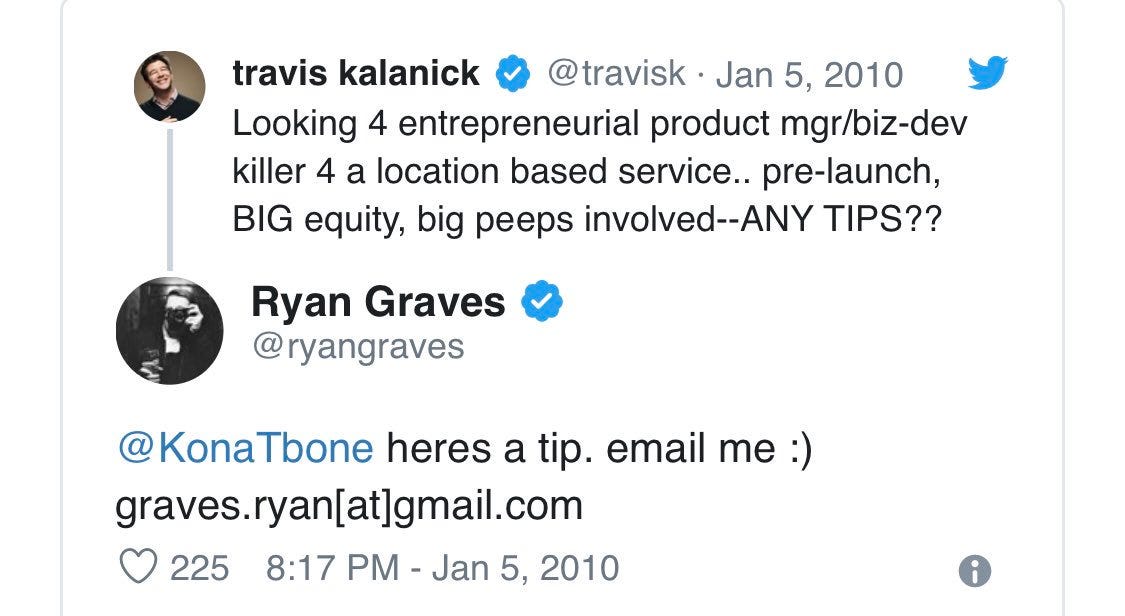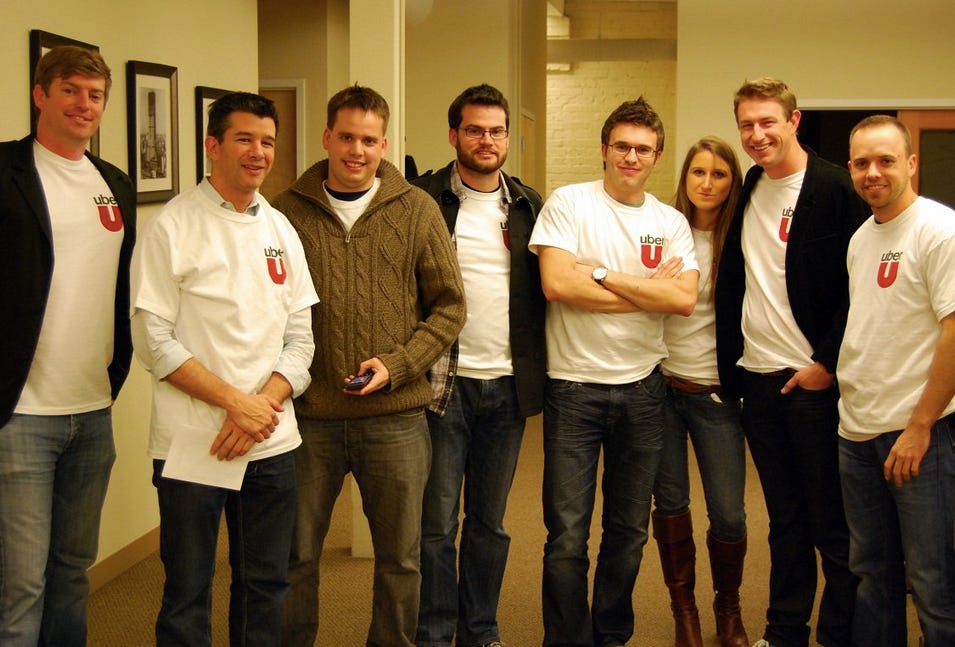Uber did things wrong. It didn't matter.
A founder is pitching you his billion-dollar idea. He walks you through his deck and gets you all excited about his vision. You're hooked and you're ready to write a big check.
"So who's the CTO?," you ask, expecting to be introduced to the Stanford whiz behind all the technology.
"Oh I don't know how to code. In fact, no one in my team does. So I'm going to hire a Mexican agency to code my idea," the founder replied.
You're baffled, but this isn't a problem one can't fix. Given a fully dedicated CEO, you're confident he can easily and attract the right CTO for the job.
"How long have you been working full-time on this?" you asked.
"Oh I don't want to work on my startup full-time just yet. I'll probably hire someone else to CEO."
Still want to invest? Unless you're a fool, you'll probably say no.
This was the situation Uber was in when it first started.
Back in 2009, founders Travis Kalanick and Garrett Camp did not work on Uber full-time. Instead, they did the unthinkable. They hired someone who (literally) applied through Twitter, and made him CEO.
From March to Dec 2010, Ryan Graves was Uber CEO & General Manager. And although Travis replaced him at the end of the year, Ryan stayed on as SVP of Global Operations for seven years.
When Uber went public, Ryan made the Forbes Billionaires list.
Uber's first app wasn't built by an all-star team of Stanford & ex-Facebook engineers. Travis & Garrett couldn't code, so they outsourced the engineering work to a Mexican agency.
The app was janky, but it worked. As the company grew and hired US-based engineers joined, they had to be issued dictionaries to understand the Spanish that populated its original codebase.
I love this story because it reminds me that there is never a perfect formula for success.
You can follow all of the checklists in the world and still end up nowhere.
You can listen to all the so-called experts in the world and still fail.
But on the flip side, you can break all the rules that you're not supposed to break, and emerge a champion.
Be comfortable with being imperfect.
Source: My First Million, The Cold Start Problem




